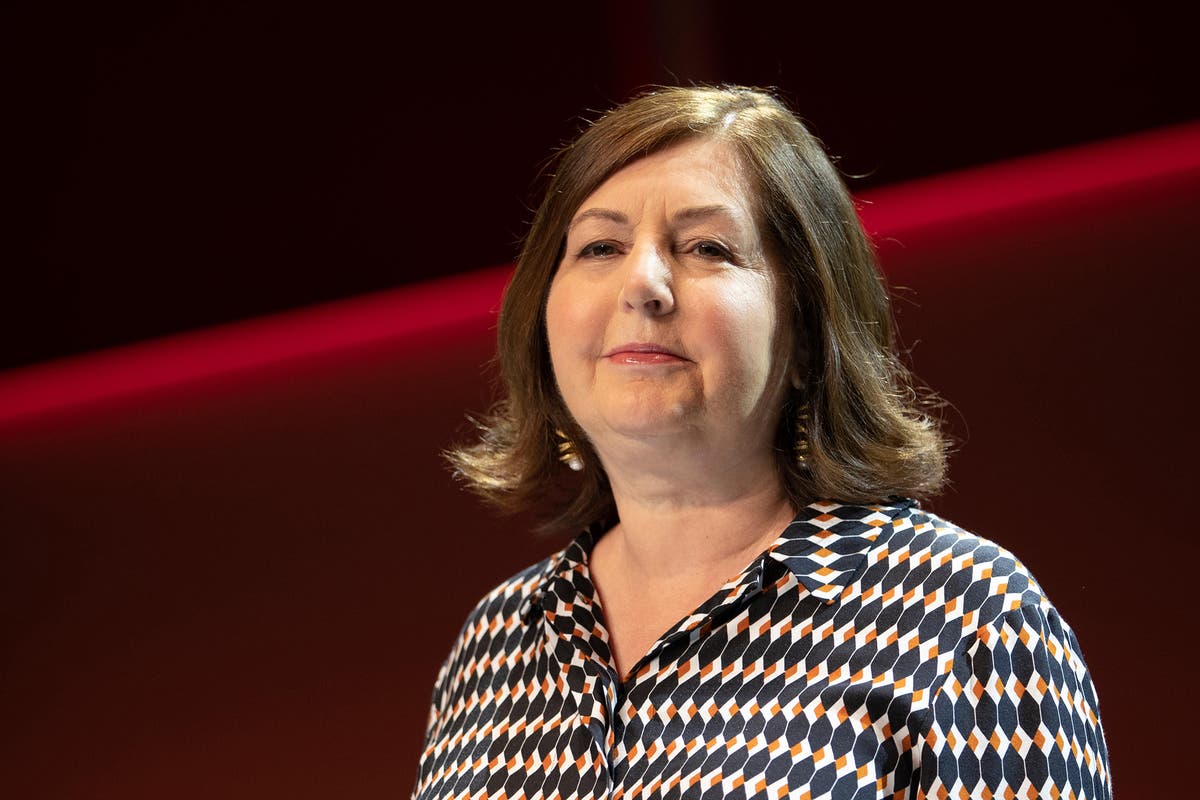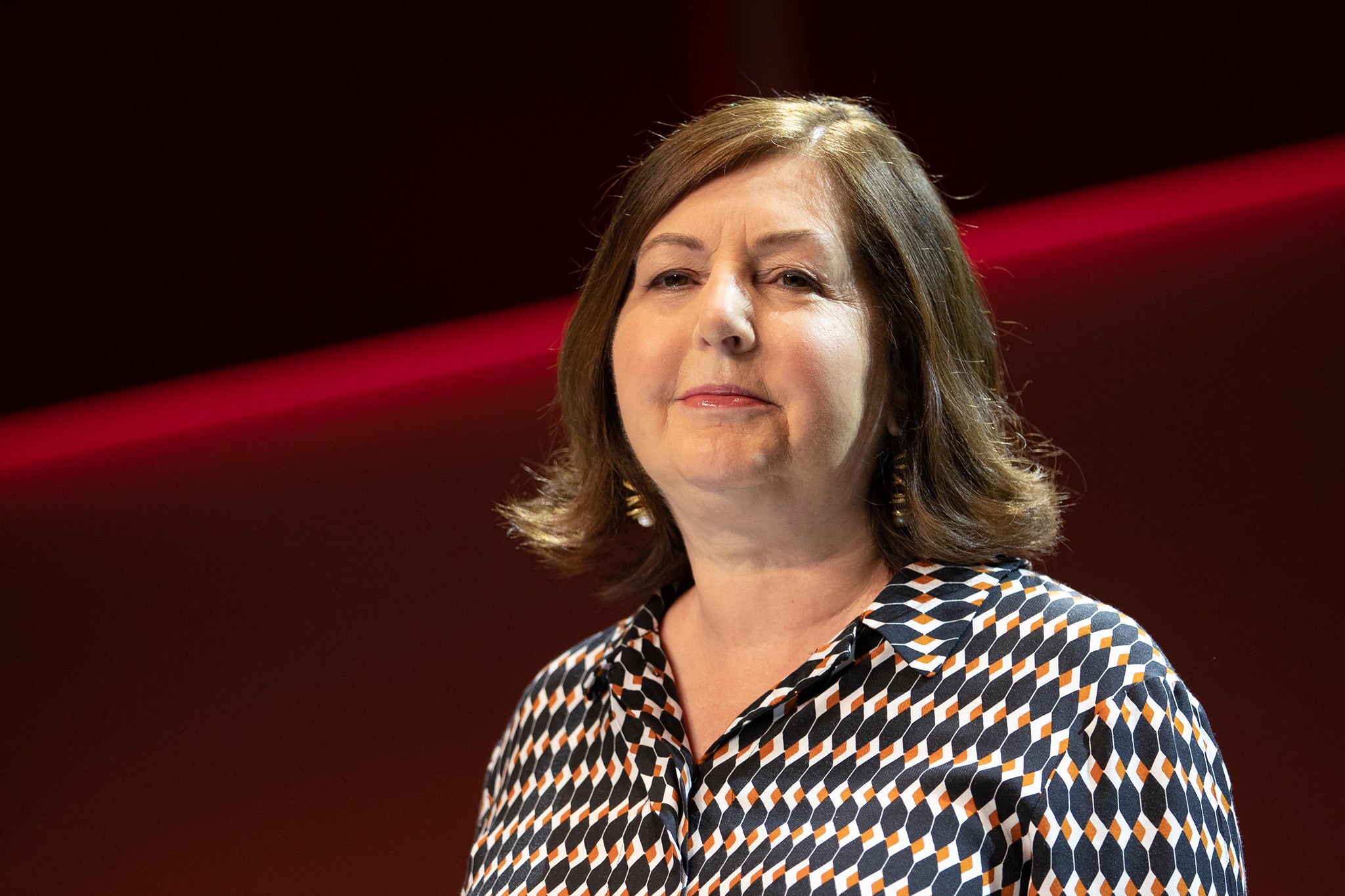World
My imposter syndrome advice, from a top Cambridge women’s college boss

The best advice for women with imposter syndrome? Don’t have it, says the president of a top women’s college at Cambridge University.
Dorothy Byrne, former head of news and current affairs at Channel 4 and now president of Murray Edwards College, Cambridge, said she gives her female students advice when they graduate in order to boost their confidence.
“My students are all women, and I always tell them: ‘I don’t have imposter syndrome, I would encourage you not to have imposter syndrome.’ I say, ‘I have been a television journalist for more than 40 years, I’m not an imposter, I’m real, but I know loads of men who are imposters.’ So I say start off now not having imposter syndrome,” she told the audience at Hay Festival.
Speaking at the event in Powys, Wales, which is partnered with The Independent, Byrne added the two things she always tells women in the college.
“The first thing is, women tend to wait until they have all the qualifications to apply for a job, and men don’t. What I want you to do is think of Boris Johnson – he had no qualifications at all for a job and he applied and he got it,” she said.
Byrne notably called Johnson a “known liar” when delivering the MacTaggart Lecture at the Edinburgh TV Festival in 2019, criticising his refusal at the time to be interviewed by Channel 4.
She added: “The second thing I say is: always ask for a pay rise, because men do, and in the end you’ll get one. So personally, I would encourage you to wake up every day and go, ‘I do not have imposter syndrome. I’m real.’”

In a conversation with leadership coach and author Dr Lucy Ryan, whose book Revolting Women explores why women in midlife leave corporate life, Byrne also revealed the response she received from a male colleague after commissioning a documentary about the menopause, presented by Davina McCall.
“When I commissioned the film about the menopause, one of my lovely young male colleagues said, ‘Ooh, I wouldn’t commission that. Nobody will watch it.’ And I said, ‘Yes they will.’ And he said, ‘Well, only old women will watch it,’ and I said, ‘Well, luckily, there are loads of us.’” She said that there was “such huge prejudice in television about older women”.
She also revealed that she was once asked to appear on a panel about being a journalist working in the Middle East, despite not being a journalist working in the Middle East. Eventually she said she would only appear if the man who asked her admitted she had only been asked because he needed a woman and she was the only one he could think of – and he did.
Dr Ryan told the audience that her research on older women was considered “unpublishable, uninteresting and uninspiring. Indeed, one professor said to me, ‘Nobody, dear, wants to read about older women.’”

Speaking to numerous women over the age of 50 for her book, which was based on her postdoctoral research, Dr Ryan found that “midlife collision” – such as the combination of a woman experiencing menopause, divorce, parental care and older children with mental health problems – meant that many women were forced into leaving their positions.
But, she added, “they don’t want to leave forever” – and often find themselves shut out when they try to return.
When asked for a standout country in its treatment of older women in the workplace, Dr Ryan pointed to countries in Scandinavia, citing the use of quotas and data, following up with “evidence to show that it works”.
Hay Festival continues until 2 June; hayfestival.com










